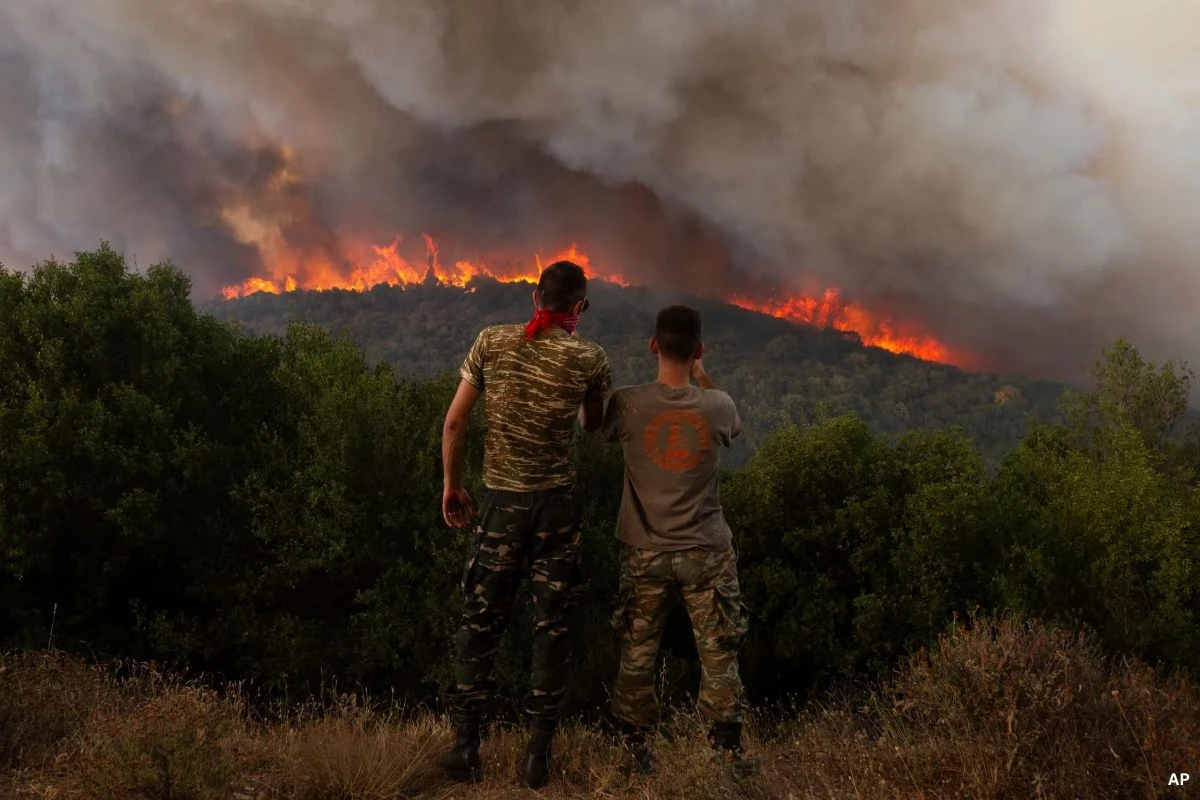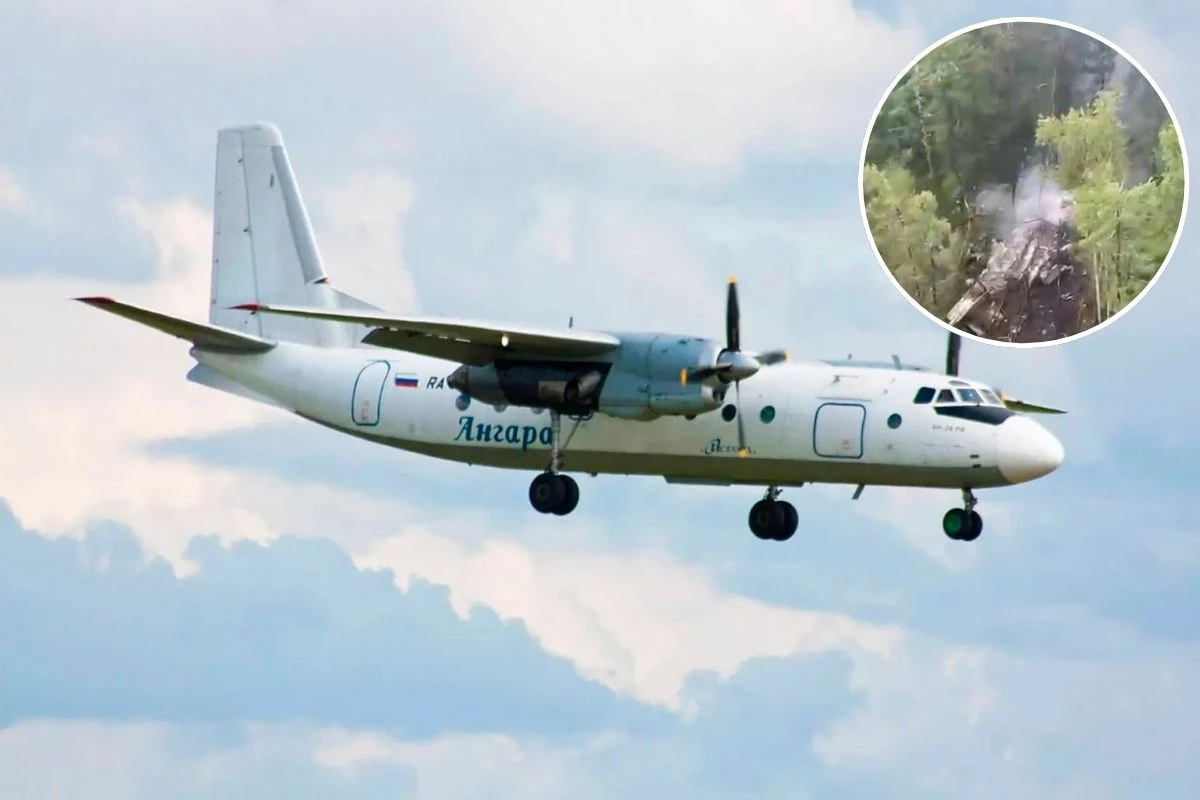Greece experienced one of its most challenging wildfire seasons in 2024, with nearly 9,500 forest fires consuming 44,500 hectares of land, according to Civil Protection Minister Vassilis Kikilias. This year marked the country’s hottest and driest on record, intensifying the challenges posed by wildfires.
“Hotter, drier, and windier conditions, exacerbated by climate change, are increasing the frequency and intensity of these fires,” Kikilias said at a Tuesday event evaluating the season’s devastation.
The number of wildfires surged by 7.5% compared to the average over the past two decades. However, immediate response measures resulted in 14% less land being destroyed than in previous years, Kikilias noted.
A notable fire on the outskirts of Athens was among the thousands that burned across the nation. One-third of these fires occurred outside the typical May-to-October fire season, highlighting the growing unpredictability of wildfire risks. “This is something we must prepare for in the coming years,” the minister warned.
The country’s most devastating blaze struck northeastern Greece in 2023, burning for 11 days and destroying over 174,000 hectares—an area larger than New York City.
As Greece grapples with the compounded impacts of climate change, including catastrophic floods and wildfires, scientists emphasize the need for urgent action. Kikilias acknowledged, “Greece is on the front line of climate change. We must adapt and strengthen our defenses.”
Increased preparedness and resource allocation remain priorities for mitigating future disasters. The country has already invested in aerial firefighting units, early-warning systems, and international cooperation for rapid response.











